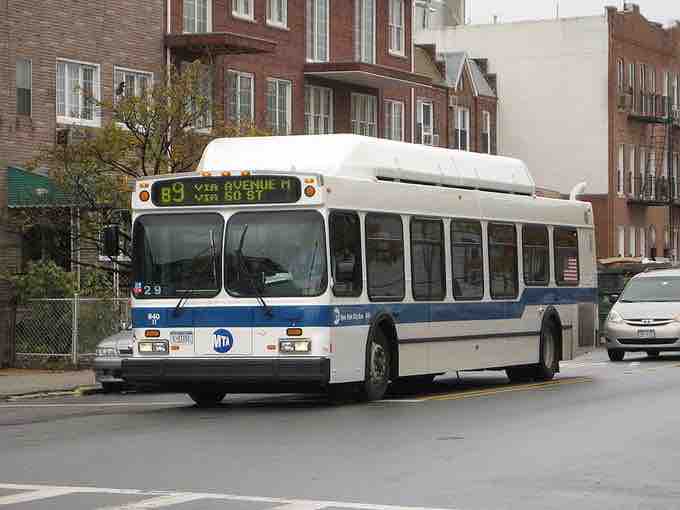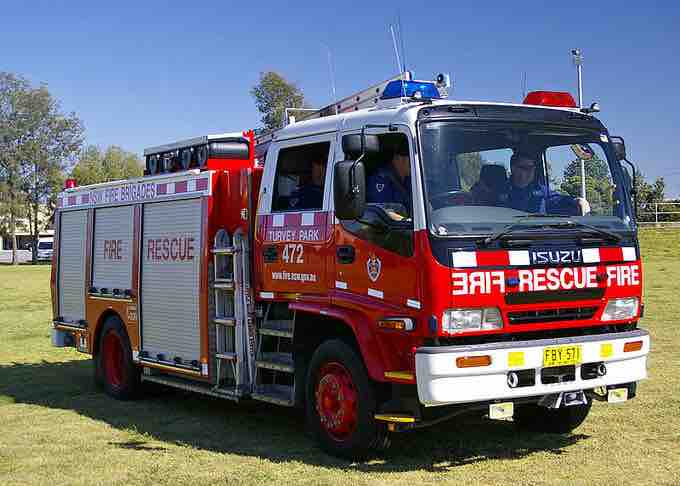Introduction
A public service is a service that is provided by government to people living within its jurisdiction, either directly or by financing private provision of services. The term is associated with a social consensus that certain services should be available to all, regardless of income. Even where public services are neither publicly provided nor publicly financed, for social and political reasons, they are usually subject to regulation that go beyond those public services which apply to most economic sectors.
Public services tend to be those considered as so essential to modern life that for moral reasons their universal provision should be guaranteed. They may be associated with fundamental human rights, such as the right to water or food. For example, the local fire department is an institution with the mission of servicing the community . A service is helping others with a specific need or want. Here, service ranges from a doctor curing an illness, to a repair person, to a food pantry. All of these services are essential to people's lives. In modern, developed nations, the term "public services" includes sectors, such as electricity, fire services, gas, law enforcement, military, environmental protection, public housing, public transportation, etc.

Public Transportation in the U.S.
Buses are an example of a public good delivered by local governments in the United States. This bus is in Brooklyn, New York.

Fire Brigades
A New South Wales Fire Brigades truck in 2008
Public Goods and Merit Goods
A public service may sometimes have the characteristics of a public good. In economics, a public good is a good that is both non-excludable in that individuals cannot be effectively excluded from use and where use by one individual does not reduce availability to others. Examples of public goods include fresh air, knowledge, lighthouses, national defense, flood control systems, and street lighting. However, most public services are merit goods, which are services that may be under provided by the market. Examples of merit goods include the provision of food stamps to support nutrition, the delivery of health services to improve the quality of life and reduce morbidity, subsidized housing and, arguably, education.
Nationalization
Nationalization is the process of taking a private industry or private assets into public ownership by a national government or state. Nationalization really took off following the World Wars of the first half of the twentieth century. Across Europe, because of the extreme demands on industries and the economy, central planning was required to ensure that the maximum degree of efficient production was obtained. Many public services, especially electricity, gas, and public transport were products of this era. Following the World War II, many countries also began to implement universal health care and expand education under the funding and guidance of the state. In the United States, some economists consider the U.S. government's 2008 takeover of the Federal Home Loan Mortgage Corporation and Federal National Mortgage Association to have been nationalization.